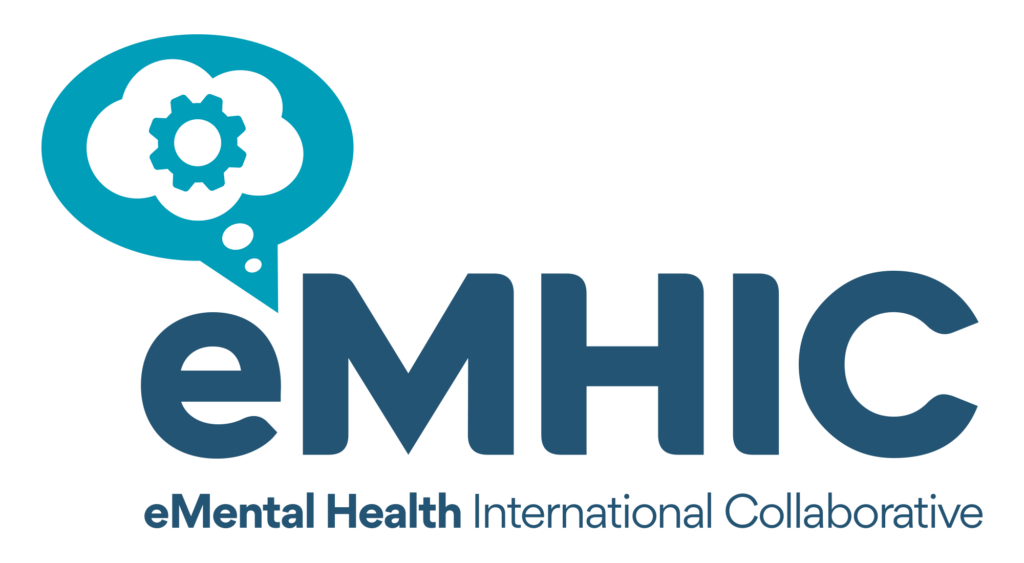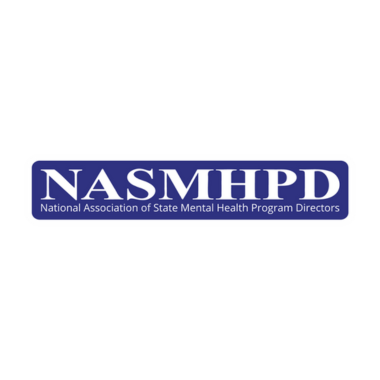The National Association of State Mental Health Program Directors (NASMHPD) represents the public mental health service delivery system in all states, territories, Pacific Jurisdictions, and the District of Columbia. NASMHPD (pronounced “NASH-bid”) is the only national association representing state mental health commissioners/directors and their agencies. We work to promote wellness, recovery, and resiliency for individuals with mental health conditions, co-occurring mental health and substance-related disorders, or other conditions that may co-occur with mental health, across all ages and racial, ethnic, and cultural groups. We envision a public behavioral health system that promotes wellness, resiliency, and recovery through an easily accessible, equitable, and seamless quality system of integrated care.
NASMHPD members play a vital role in the delivery, financing, and evaluation of mental health services within a rapidly evolving healthcare environment. We provide our members with the opportunity to exchange diverse views and experiences and learn from one another in areas vital to effective public policy development and implementation. We support our members by informing them about current and emerging public policy issues, educating them on research findings and best practices, providing consultation and technical assistance, collaborating with key stakeholders, and facilitating state-to-state sharing.

NASMHPD partners closely with many national and international organizations to make this work possible, including RI International, the National Council for Mental Wellbeing, Mental Health America, the National Alliance on Mental Illness, the Global Leadership Exchange, and many others. These partnerships enable us to manage a diverse portfolio of programs focused on effectively identifying and responding to the needs of state mental health agency commissioners/directors and their staff and other entities serving persons with mental health needs. Some of our initiatives and resources that are available to the public and partners include:
Crisis Now: Dedicated to Transforming Mental Health Crisis Systems
Mental health crisis services are an integral part of the health care continuum. A crisis system is only as healthy as its ability to provide timely and effective care for those in need. Challenges in current crisis systems often revolve around access to the right care at the right time. Lack of access frequently leads to an escalation of the crisis that then requires a more costly intervention. These cases tax the crisis system as well as those seeking services. Crisis Now is enabled by a partnership between many national organizations representing individuals served, state mental health agencies, providers, and others.
Crisis Now: Transforming Services is Within Our Reach, is a website dedicated to providing the framework needed to optimize mental health crisis services within communities.
The #CrisisTalk Newsletter includes weekly articles on the latest innovations and issues in the mental health crisis services space.
The 988 Crisis Jam Learning Community takes place every Wednesday at noon eastern time. Join us for this fast-paced and informative hour to stay on the cutting edge of the evolution of the mental health crisis services system in the United States.
NASMHPD’s Center for Innovation in Health Policy and Practice
NASMHPD’s Center for Innovation in Health Policy and Practice promotes trauma-informed practices in the delivery of services to people who have experienced violence and trauma and are seeking support for recovery and healing. They may or may not have a diagnosis of mental health or substance use disorders, and may experience traumatic impacts from the experiences of violence that have strained social connections in the family, in the workplace, in childrearing, in housing – and that may have led to consequent health and social problems – all of which need to be addressed in a trauma-integrated approach. The widespread interest and attention to trauma has substantially raised awareness and understanding of the long lasting impact yet systems often stop there and become confused on the culture change needed to implement approaches that prevent retraumatization and promote safety.
The Center provides training, technical assistance and consultation to organizations, institutions, systems, and communities seeking to implement trauma-informed approaches. Learn more here.
Technical Assistance Coalition: Papers and Webinars
The Technical Assistance Coalition impacts thousands of Americans by delivering web-based training and technical assistance on a range of policy issues to multiple stakeholders in state and local behavioral health systems centered on promoting/enhancing the Mental Health Block Grant.
The ten annual Technical Assistance Coalition Briefs provide guidance for State Mental Health Agencies, mental health care providers, and policymakers on building a full continuum of community-based, crisis, and acute mental health care. Funded by the Substance Abuse and Mental Health Services Administration (SAMHSA), these papers provide key policy recommendations and address the latest challenges and opportunities in the public mental health service delivery space.
Similarly, the Technical Assistance Coalition webinars, sponsored by SAMHSA and hosted by NASMHPD and key Coalition organizations, cover cutting-edge topics in mental health service delivery, particularly focused on crisis services development and building a full continuum of mental health care. Over 100 webinar recordings can be found on our Technical Assistance Coalition Webinar Archive.
The Transformation Transfer Initiative
In 2007, SAMHSA, in collaboration with NASMHPD, created the Transformation Transfer Initiative (TTI). The TTI provides modest funding awards to states, the District of Columbia, and territories on a competitive basis to identify, adopt, and strengthen innovative initiatives. These flexible funds are used to identify, adopt, and strengthen transformation initiatives and activities and focus on one or multiple phases of system change.
The TTI also supports the creation of resources such as informational exchanges, social marketing materials, and resource guides to help all those participating in the initiative. Many of these resources are accessible and relevant to the work of the broader mental health services provision industry.


